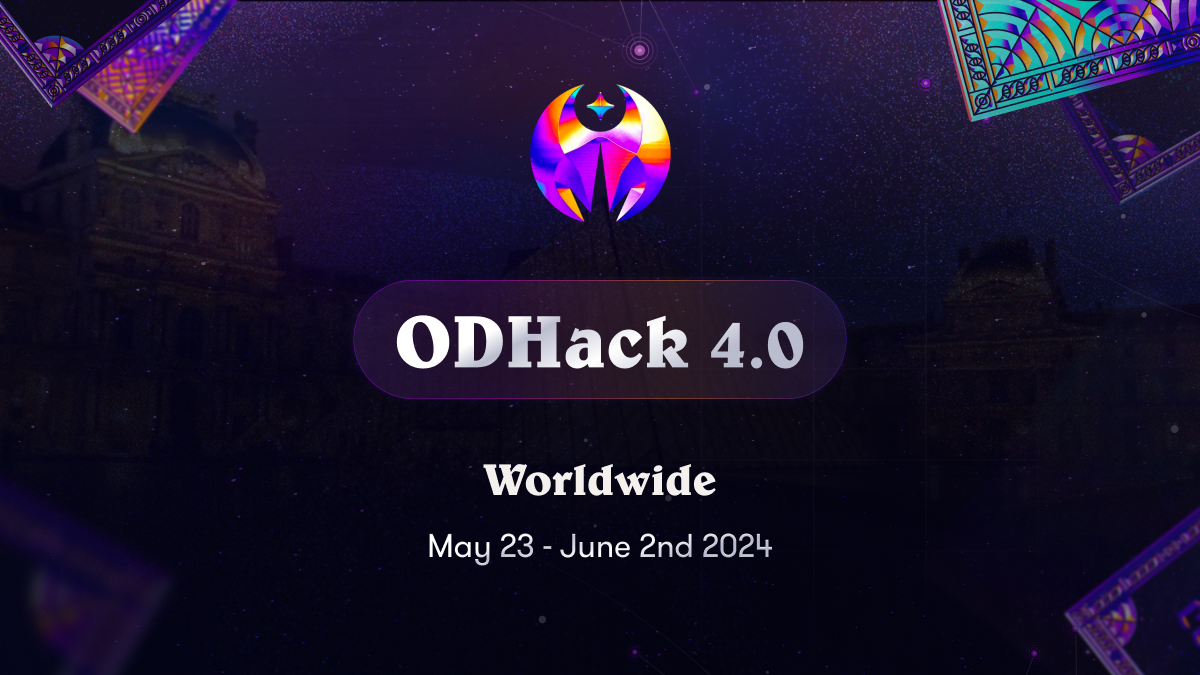Wow. The fourth edition is just around the corner.
After a successful third edition of the ODHack, we are excited to announce that the much anticipated ODHack is coming up next Thursday, May 23rd! As we countdown till the start, let’s take a moment to look back on our journey and what we learnt along the way.
The birth of ODHack
Although it’s only been three editions, it’s humbling to see how we started out, where we are now and what will come next. When ODHack came into being, our primary goal was to address the challenges newbies faced in the open-source web3 space. Many motivated contributors were losing too much time searching for interesting projects with available open issues, or sometimes lacked support when they finally found something. On the project side, many leads struggled to find good profiles to help contribute to their projects.
This mission quickly resonated within the community, making ODHack not just a platform for beginners but also a sought-out event for regular contributors to explore new projects and sustain their involvement.
It therefore became an event that we wanted to do on a monthly basis. ODHack evolved into a 'condensed' version of the typical activities at OnlyDust, but with enhanced momentum that attracts more contributors and project leads, providing strong support throughout the hackathon. Moreover, it's inspiring to see contributors continue with their projects post-ODHack or venture into new ones on the platform.
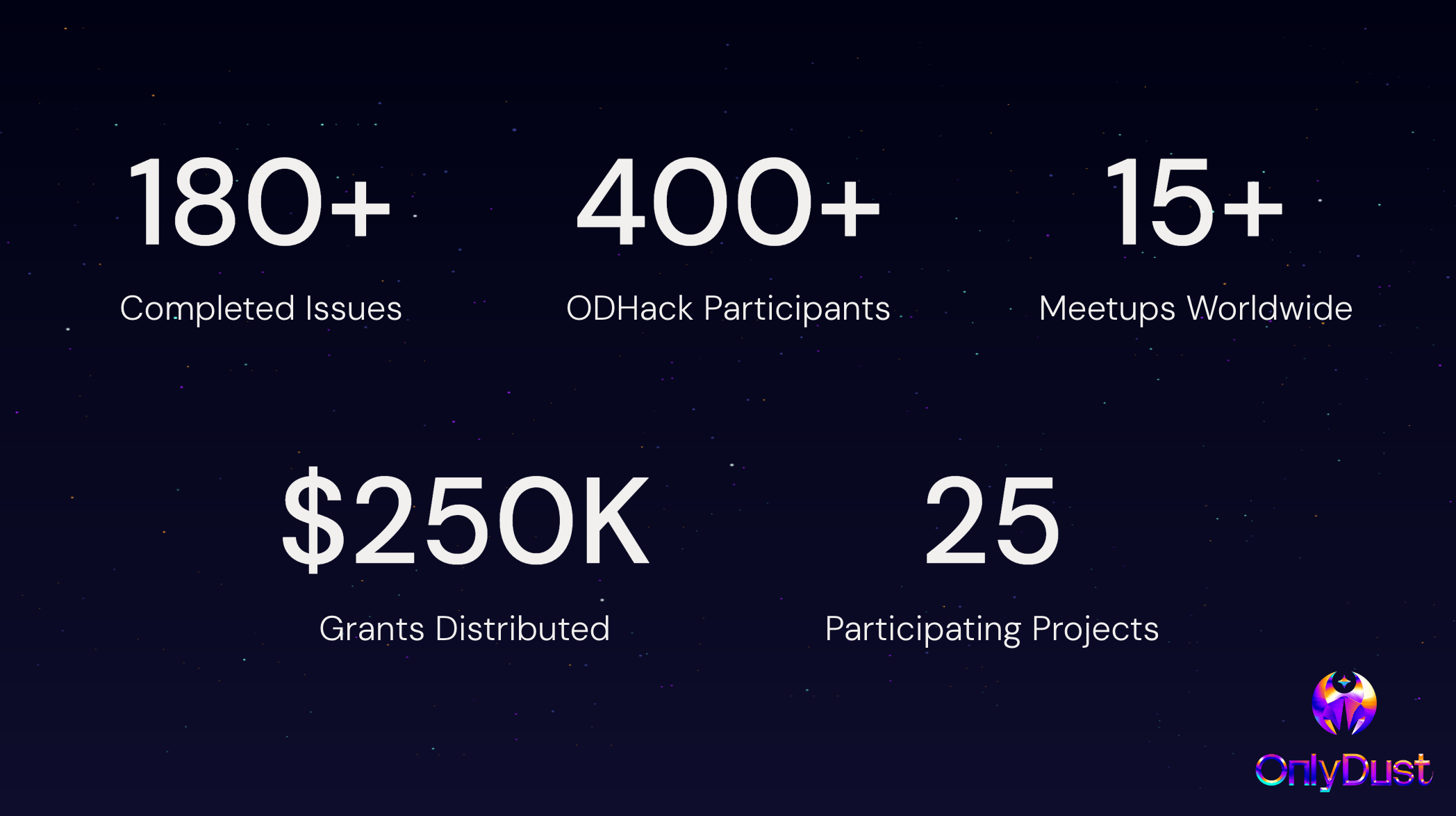
A look back
We came from afar thanks to you!
- 1st Edition: Started with 24 eligible contributors, including 10 newbies, and saw 37 PRs merged. This edition didn't yet have a Telegram group or global meetups—feedback that we took to heart.
- 2nd Edition: Grew to 35 eligible contributors with at least 16 new ones, including 5 from the first ODHack. We achieved 50 PRs merged. This time, a Telegram group was established, and we experimented with meet-ups in Nigeria, Costa Rica, and India, organized by community members!
- 3rd Edition: Expanded to 62 eligible contributors, with at least 19 returning from previous editions and 30 new (signed up this year thanks to ODHack), culminating in over 90 PRs merged. We hosted meet-ups across the globe in cities like San Francisco, Buenos Aires, Dubai, London, Paris, and Malaga.
And what have we learnt?
That quality contributions, effective communication and gathering feedback were very important.
For example, when we first started out, we had a 'first come, first served' approach, which we maintain, but had to address the challenge of "scammy" profiles that project leads faced—those using AI to solve issues—a common problem in hackathons we aimed to minimize because ODHack is about attracting quality contributors genuinely eager to learn, explore, and build.
Establishing a community through our Telegram group, organizing global meet-ups and community calls were also things sought out by the participants. And they have provided a great way to engage with contributors and project leads. Delivering clear guidelines and maintaining transparency wherever possible was also something highly valued. Whilst every edition has been a learning process (and we’ll always find room for improvement), we continue to grow, attract more projects and participants who are highly satisfied with their experiences.
Let’s now give it up to ODHack 4.0!
As we approach the fourth edition, here’s how to go about it:
🔥 Step 1: Register on OnlyDust
If you haven't already, make sure to sign up on OnlyDust to participate and qualify for rewards. Then, head on over to this page to fully register.
🫶 Step 2: Join the Telegram group:
Stay connected and up to date by joining our Telegram group! Each project will also have their means of contact.
👍 Step 3: Pick your project
Check out the projects participating in this edition to become familiar with it and when the D-day (May 23rd) is here, you can begin.
🤗 Step 4: Contribute (starting May 23rd)
Select issues that match your skills, get assigned, and start making your mark!
🙌 Note Be fair and respectful please! No more than one issue assigned at a time to give everyone a chance. Here are the guidelines that would be great for you to read.
💅 And lastly, enjoy! If your contribution is eligible, you’ll get rewarded via OnlyDust.

DeRisk: We're happy to introduce a new project onboard - give it up for DeRisk! The project provides a user-friendly, open-source monitoring tool for the DeFi sector, focusing on preventing loans from becoming underwater.
It connects directly with lending platforms and liquidity providers to continuously evaluate the status of loans in relation to current market conditions. This integration allows DeRisk to offer timely alerts and actionable insights to DeFi platforms, helping them manage liquidity more efficiently. By ensuring that funds are available when necessary and conserved otherwise, DeRisk helps maintain financial stability and prevent crises within the DeFi ecosystem.
Repo: https://github.com/CarmineOptions/derisk-research

Konoha: Another exciting project joining this ODHack: Konoha. Many projects on Starknet will need the same functionality: DAO-like governance, upgrades, token vesting, staking and airdrops, treasury management, etc. On Ethereum, they can use adapt open-source solutions such as Compound Governance. No such solution currently exists for Starknet (with the noble exception of Ekubo governance and snapshotx).
Originally, it was a rewrite of Carmine Governance contracts to Cairo 2, while also making them generic and useful for the rest of the community.
Currently, this is being developed mainly with community-wide use in mind.
Repo: https://github.com/CarmineOptions/konoha?tab=readme-ov-file
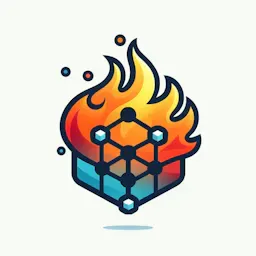
Starkflare (Walnut): Happy to have Walnut back onboard with a new project they are building!
This tool monitors the resource usage of the Starknet Mainnet rollup in real time, such as calldata, storage, and gas consumption. Its aim is to help take steps to further optimize the rollup. They are looking for the following skills: Frontend (React), Backend (Node or Rust).
Repo: https://github.com/walnuthq/starkflare

Cairo Native (LAMBDACLASS): The third time's a charm! Cairo Native is revolutionizing the speed and cost-efficiency of running contract code and validating transactions by compiling Cairo to native object code. Utilizing MLIR, it seeks to lower network operation costs, protect against DDoS attacks, and improve developer experience by integrating with sequencer implementations and devnet tooling. Note that this project is really for intermediate/advanced levels.
Repo: https://github.com/lambdaclass/cairo_native

Starknet-Scaffold (Argent): Also back by popular demand, Starknet Scaffold is a detailed open-source, up-to-date toolkit for building decentralized applications (dapps) on Starknet, comprising the most popular and functional tools.
Repo: https://github.com/argentlabs/Starknet-Scaffold
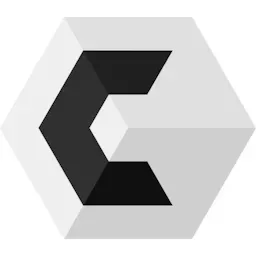
Concrete (Optimism): Happy to introduce this project from the Optimism ecosystem. Concrete blockchains are general-purpose EVM rollups that have been enhanced at the protocol level to meet the needs of a specific use case, like expensive cryptography, spatial indexing, or complex digital physics.
With the Concrete API, you can build a rollup that fits your needs, without having to deal with the low-level complexity of forking an Ethereum client.
Repo: https://github.com/concrete-eth/concrete-geth
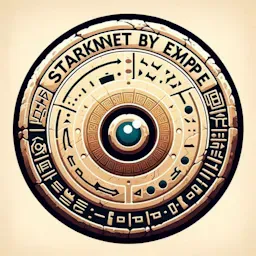
Starknet by example (Nethermind): Who doesn't love Nethermind projects. This time, we're introducing Starknet by Example, a collection of examples of how to use the Cairo programming language to create smart contracts on Starknet.
Repo: https://github.com/NethermindEth/StarknetByExample

Joyboy Community: The Starkware Exploration Team is back with another exciting project! Decentralized social built with Nostr and powered by Starknet account abstraction is what it's about. They are looking for contributors to work on the different components:
- Smart contracts: Cairo
- Mobile App: React native
- Nostr custom relayer: Typescript or Go
- Website: React
Repo: https://github.com/keep-starknet-strange/joyboy

rustc_codegen_gcc: Calling all rustaceans. This project is back! rustc_codegen_gcc is a GCC ahead-of-time codegen for rustc, meaning that it can be loaded by the existing rustc frontend, but benefits from GCC by having more architectures supported and having access to GCC’s optimizations. It is not to be confused with gccrs, which is a GCC frontend for Rust.
Repo: https://github.com/antoyo/rustc_codegen_gcc

Starknet Quest: They are back for this edition following last time's attraction! They help protocols attract and retain users by creating gamified quest experiences on Starknet. If you want to understand more, we have a detailed blog post by contributor Solène right here.
Repo: https://github.com/starknet-id/starknet.quest
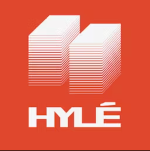
Hylé :is your minimal layer one, focused only on verifying zero-knowledge proofs.
By sending a simple proof to be verified on Hylé, you can build a fully off-chain application powered by ZKPs that still has the security guarantees of the blockchain.
Repos:
https://github.com/Hyle-org/hyle/issues
https://github.com/Hyle-org/verifiers-for-hyle/issues
https://github.com/Hyle-org/explorer/issues
https://github.com/Hyle-org/webauthn-identity-provider
https://github.com/Hyle-org/zk-benchmarks
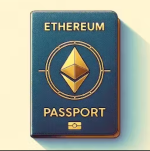
Proof of passport: is developing tools allowing users to generate proofs of humanity, nationality and age using their government-issued passport. We want to make it easy to extract the signed data from passport chips and verify it. It unlocks uses cases in proof of unique identity, sybil resistance and selective disclosure of private data.
